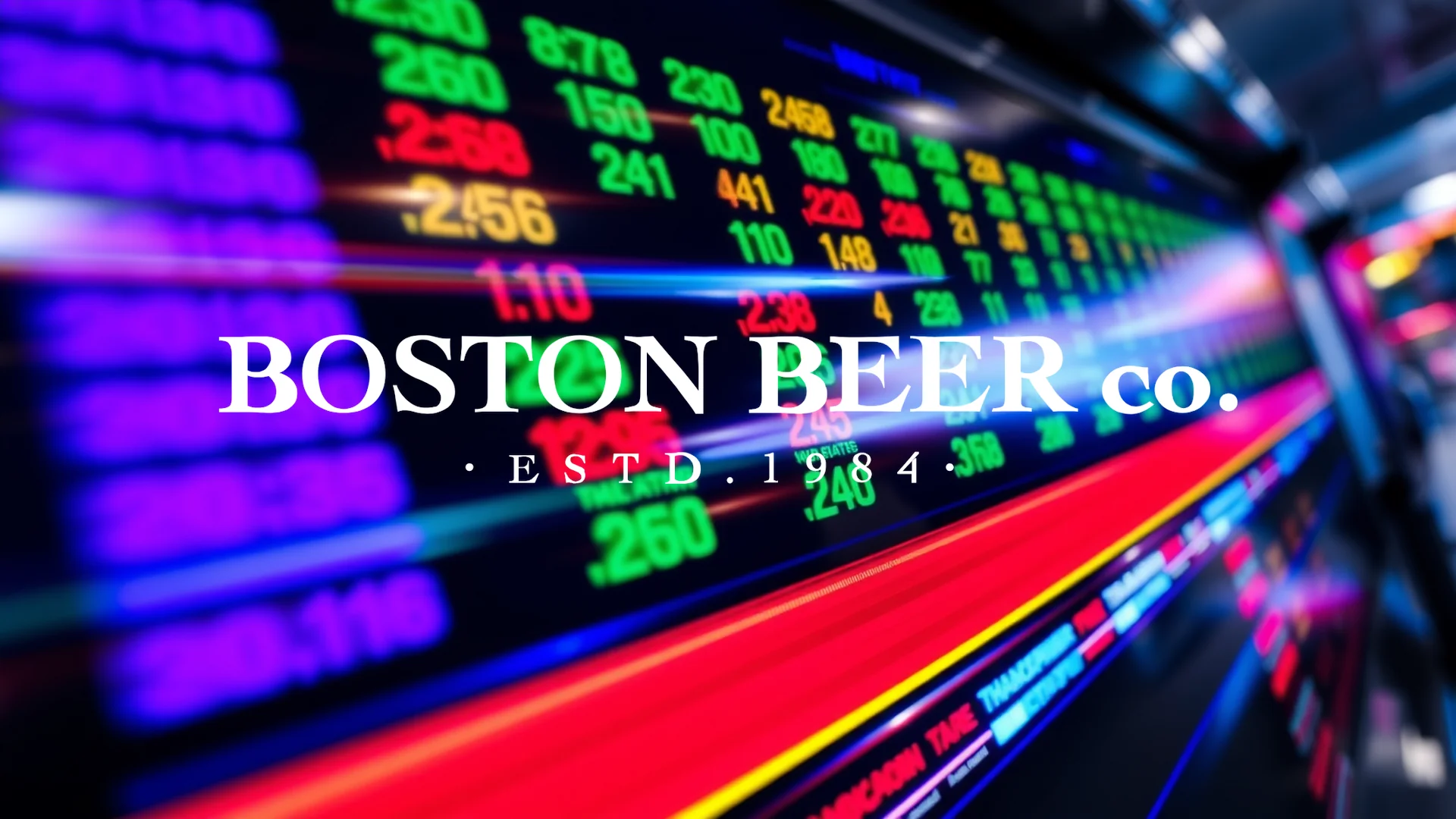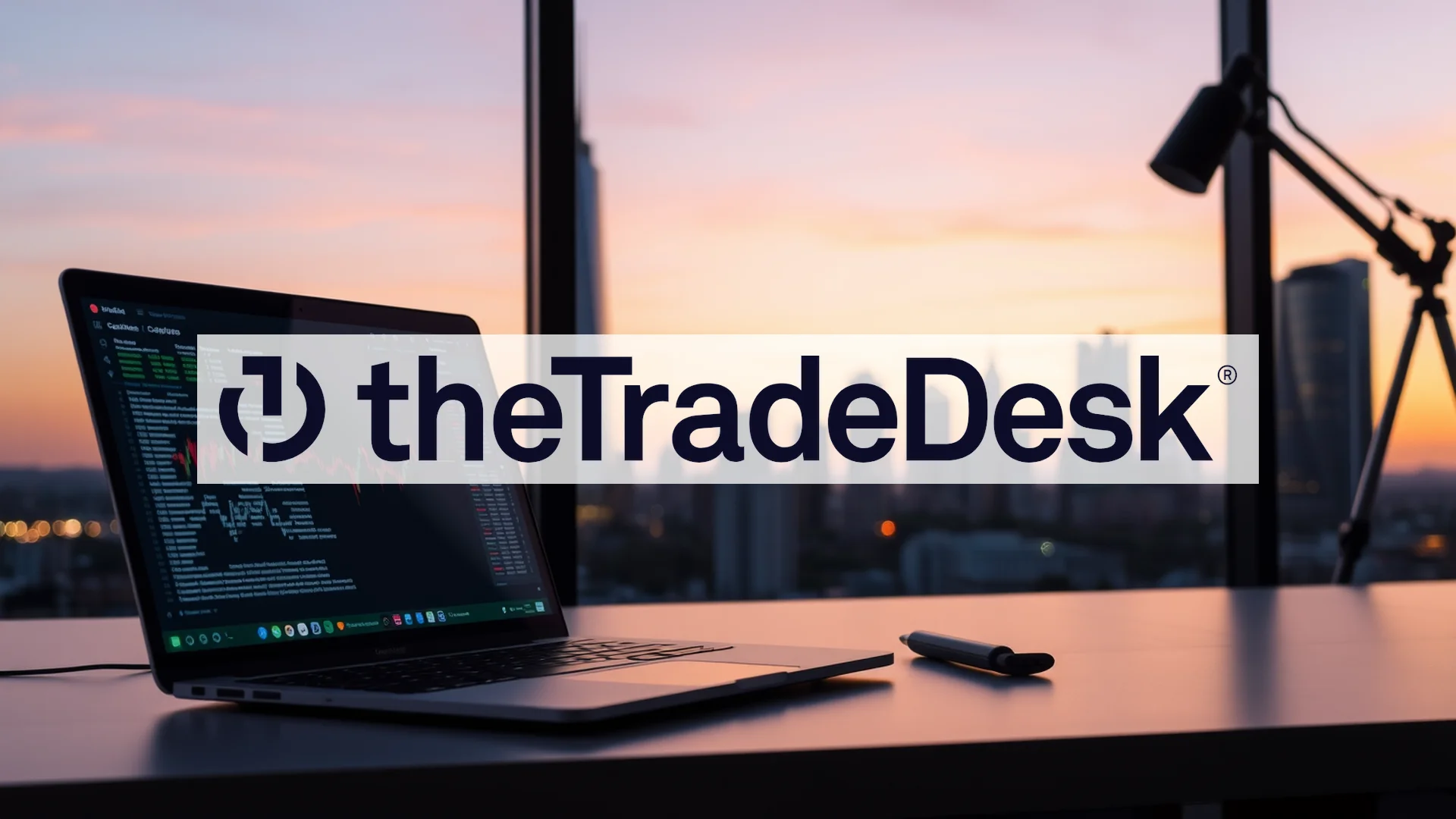The former craft beer leader Boston Beer Company finds itself navigating a complex landscape of industry-wide pressures and brand-specific challenges. While the broader beverage sector contends with softening consumer demand and tariff impacts, the brewer is experiencing notable declines in its core brand performance. Market observers are questioning whether the company can engineer a meaningful recovery or if it faces an extended period of difficulty.
Mixed Quarterly Results Reveal Underlying Weakness
July 2025 quarterly results presented a contradictory picture for the beverage maker. While earnings per share exceeded analyst projections, revenue figures fell short of expectations. More concerning was the continued 5% decline in depletions—a key industry metric measuring consumer demand—signaling persistent challenges in market performance.
The company’s portfolio showed varied performance:
* Truly Hard Seltzer and Sam Adams continued their downward trajectory with declining sales
* Twisted Tea maintained its market position but still experienced a 4% revenue decrease
* Tariff impacts are projected to reduce gross margins by 70-100 basis points
A notable bright spot emerged with the new Sun Cruiser ready-to-drink spirits brand, which has captured 4% market share in its category.
Sector-Wide Pressures Intensify
Boston Beer’s challenges reflect broader industry headwinds. Constellation Brands, another major beverage player, recently revised its 2026 forecast downward, anticipating reduced beer sales across the market. Macroeconomic factors continue to suppress consumer spending, creating difficulties for multiple companies in the sector, with Boston Beer’s stock feeling particular pressure in recent trading sessions.
Analyst Sentiment Remains Cautious
Wall Street maintains a guarded outlook on the company’s prospects. The consensus rating stands at “Hold,” with 10 of 13 analysts recommending this neutral stance. While the average price target of $258.09 suggests potential upside of approximately 19%, estimates vary dramatically from $187 to $349 per share.
Should investors sell immediately? Or is it worth buying Boston Beer?
Goldman Sachs maintained its skeptical position, reducing its price target to $187 in June while keeping its “Sell” recommendation. The firm cited continuously deteriorating volume trends as the primary reason for its pessimistic assessment.
Institutional Investors Show Contrasting Confidence
Despite these challenges, several institutional investors significantly increased their positions during the first quarter. Trexquant Investment LP boosted its holdings by 147.8%, while other funds including Rossby Financial and Elequin Capital established entirely new positions. Gabelli Funds grew its stake by 11%.
Insider activity also drew attention with Vice President Annette N. Fritsch selling 600 shares valued at over $131,000 in August, reducing her holdings by nearly 6%.
Technical Indicators Suggest Tentative Recovery
The stock has shown signs of consolidation since late August, posting modest gains. On August 29, shares advanced 2.16%, though the move occurred on below-average trading volume—a potential caution flag for some technical analysts. Despite this, chart patterns suggest a moderately bullish medium-term outlook.
The central question remains whether cautious investor optimism can overcome fundamental operational challenges, or if Boston Beer will continue to struggle against industry-wide headwinds for the foreseeable future.
Ad
Boston Beer Stock: Buy or Sell?! New Boston Beer Analysis from February 8 delivers the answer:
The latest Boston Beer figures speak for themselves: Urgent action needed for Boston Beer investors. Is it worth buying or should you sell? Find out what to do now in the current free analysis from February 8.
Boston Beer: Buy or sell? Read more here...









